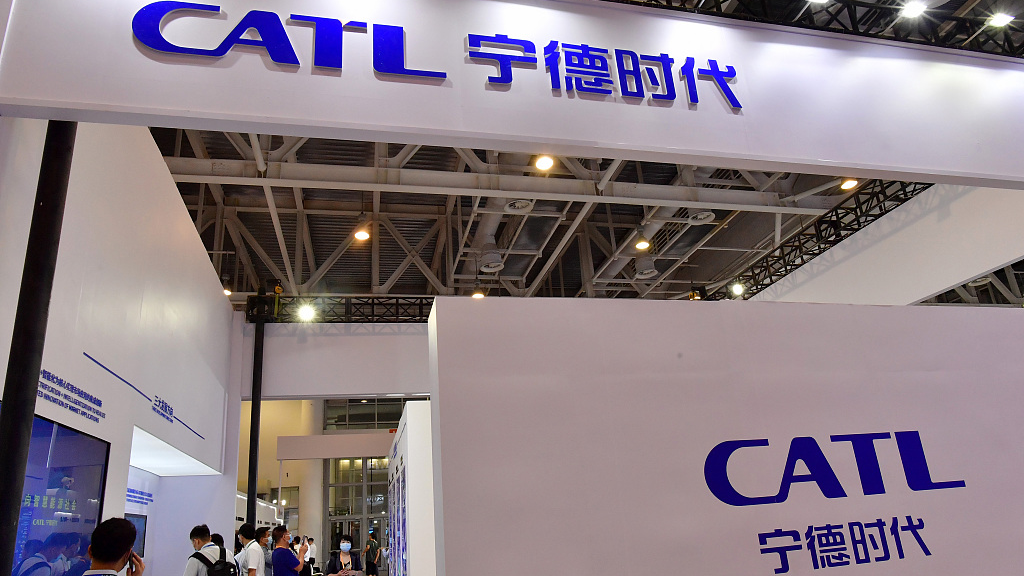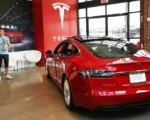China’s CATL, the world’s leading electric vehicle battery manufacturer, has expressed interest in establishing a plant in the United States if the upcoming Trump administration eases restrictions on Chinese investments in the EV sector. Robin Zeng, CATL’s founder and chairman, disclosed that although CATL had previously explored U.S. investments, it was blocked by trade barriers and national security concerns under former trade policies, including tariffs that made Chinese EV and battery products prohibitively expensive in the American market.
These restrictions have targeted Chinese technology, with both the Trump and Biden administrations enforcing protective trade measures. Chinese battery technology, for instance, does not qualify for the consumer EV subsidies introduced under the Biden administration, and Chinese-made electric vehicles face a 100% tariff, effectively barring them from U.S. entry. Recently, a Republican-backed bill also proposed limiting EV incentives for vehicles containing Chinese-made batteries, a measure opposed by the current White House.
Despite these barriers, Trump has suggested openness to foreign automakers setting up production in the U.S. on the condition that they manufacture locally and employ American workers. This conditional openness has kept Zeng interested in revisiting U.S. opportunities, especially as CATL continues to license its technology to American automakers such as Ford and Tesla. Ford plans to open a Michigan facility utilizing CATL’s lithium-phosphate battery technology, while Tesla has a similar licensing agreement for battery production expected to launch in Nevada in 2025.
Zeng, who frequently discusses industry trends with Tesla’s Elon Musk, praised Musk’s vision for AI-driven autonomous vehicles. However, he voiced skepticism about Musk’s preference for cylindrical battery cells, specifically Tesla’s 4680 model, cautioning Musk that it would face significant technical challenges. Zeng also critiqued Musk’s tendency to set ambitious timelines, arguing that such accelerated deadlines may set unrealistic expectations among stakeholders. Musk, who has consistently aimed to push Tesla’s production limits, recently announced plans for fully autonomous Tesla models by 2024 and a “Cybercab” robotaxi by 2026, though these projections were met with investor skepticism.
While Zeng acknowledged Musk’s ambitious vision and alignment in pushing the EV industry’s boundaries, he cautioned that overly optimistic timelines could undermine progress. Nevertheless, Zeng emphasized that CATL is committed to expansion and innovation, awaiting a more favorable regulatory environment in the U.S. to potentially broaden its presence beyond licensing partnerships.














